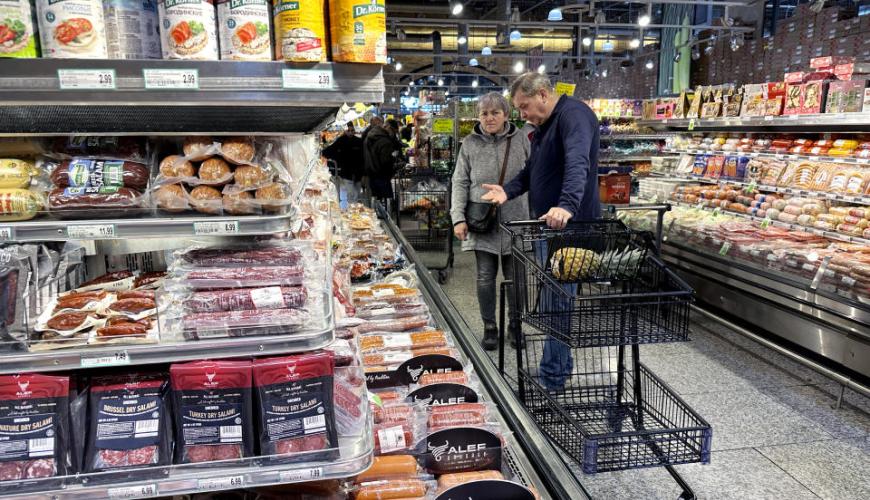The Slow Resolution of Inflation Problems in Biden's Economic Strategy
- 18 February 2024 2:01 AM

President Biden often acknowledges that economic recovery is a work in progress. Unfortunately, it is truer than he would prefer. The trajectory of inflation, which has been a significant political burden for Biden, has recently been favorable. It hit a peak at 9% in June 2022 but has since declined to 3.1%. If this were a steady trend, inflation would nearly hit the Federal Reserve's 2% target by the November election time.
However, inflation isn't a consistent trend and currently remains a stubborn economic hindrance, not so easily eradicated. Recent data indicates a slight increase in overall price levels for the third consecutive month. Economists predicted the year-over-year inflation rate for January would sink below 3% for the first time since March 2021. Contrarily, it slumped marginally by two-tenths of a point to 3.1%, suggesting inflation is subsiding slower than expected. Housing costs, including rent, are stubbornly high, and an unexpected climb in car insurance prices has balanced out lower prices elsewhere.
While a single economic report can be misleading, other indicators support the notion that inflation still persists. Wholesale costs also escalated more than expected from December to January, hinting that future retail prices might exceed predictions. A recent boost in consumer confidence also faltered, primarily as Americans uncertain about the receding inflation became skeptical again.
Although the Biden administration asserted that economic sentiment was steady this month and that "consumers continue to feel more secure about the economy," being stagnant isn't as beneficial as progressing. The administration recognizes that slightly improved confidence levels have not affected Biden's approval rating, which remains static around 40% for nearly nine months.
Investors don't seem disturbed by the inflation hiccup, with the S&P 500 index reaching a record high despite the higher-than-anticipated inflation data. Investors aren't focused on the election yet, their primary concerns are profits, earnings, and Federal Reserve policy. The inflation growth diminished any probability of a Fed interest rate reduction in March, pushing it back until May or June at the earliest.
Biden's inflation timing is critical. Inflation needs to be low enough to enhance his approval rating and increase his chances of reelection in November, currently standing at 50-50. A 3.1% inflation rate isn't inherently problematic. The real issue is the persistently elevated prices for rent, food, and transportation. Budget-conscious consumers are less concerned with the inflation rate and more with tangible cost increases for essentials like meat, cereal, gas, and auto repairs that are devouring a larger portion of their income than they did a few years prior.
In conclusion, while Biden's economic policy captures the need to tackle inflation, the rate at which this is achieved seems slow, causing skepticism among consumers and economists alike. With essential goods and services' prices remaining high and a general sense of hesitancy among consumers, the administration needs to intensify these efforts to regain public confidence and support. Only time will tell if such economic improvements surface before the critical November elections.
